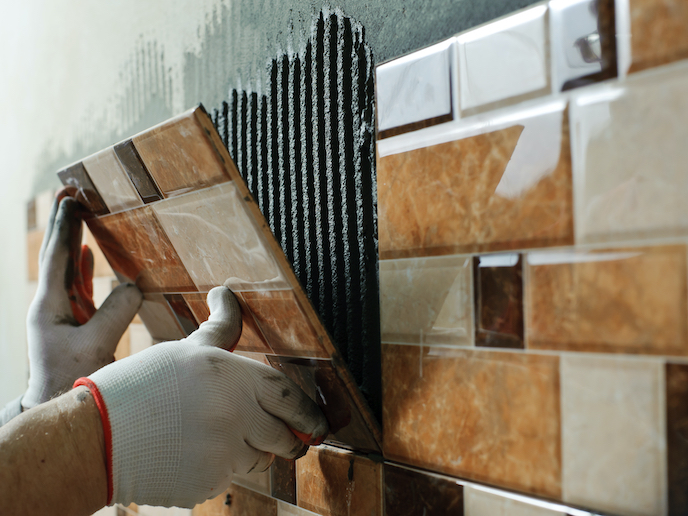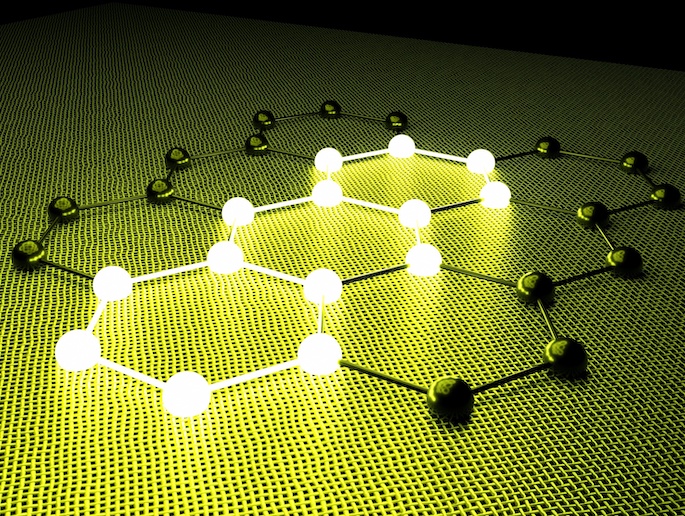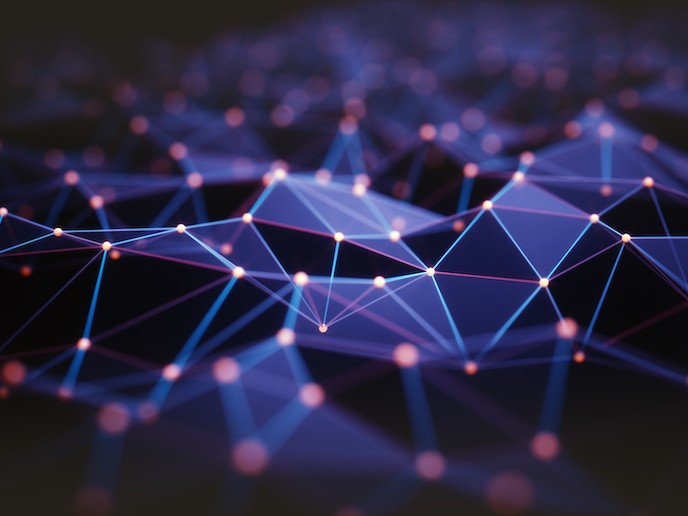Sustainable future for Europe’s tile industry
Ceramic tiles can be found in homes, factories and places of work all over the world. They remain popular with consumers in part because they are durable, stylish and very easy to maintain. In Italy alone, manufacturers produce hundreds of millions of ceramic tiles each year. Resource scarcity and growing environmental awareness however are placing pressure on manufacturers to adopt more ecologically friendly production methods. The standard wet process, which is widely used across the world, consumes huge amounts of water and chemicals. “The energy used to treat raw materials accounts for about 20 % of tile production costs in the EU,” notes MIGRATECH 4.0 project coordinator Giuseppe Cavani, R&D manager at LB(opens in new window) in Italy. “This high consumption of energy leads to huge amounts of CO2 being released into the atmosphere.” Italian firm LB set out to refine a new ceramic tile manufacturing process that requires significantly less water and energy. With the help of the EU-funded MIGRATECH 4.0 project, the company has successfully piloted a method based on dry milling(opens in new window) technology. “We wanted to achieve the same level of quality as current wet milling(opens in new window) processes,” says Cavani. “This is a very competitive sector, and no company wants to sacrifice quality.” At the same time though, Cavani and his colleagues sensed growing recognition within the industry that water will become an increasingly scarce and precious resource. Investing now in energy-efficient manufacturing processes could help manufacturers to mitigate the impact of resource scarcity in the future.
Energy-efficient production
The MIGRATECH 4.0 project enabled the company to demonstrate their machinery in real-life conditions. “The EU project was critical in this respect,” adds Cavani. “Up to this point, we only had a laboratory prototype. What we needed to do was industrialise our concept, together with tile producers. This is what we aim to achieve.” Cavani says that compared with the industry standard wet process, the firm’s new technology can reduce both water and chemical usage by 56 % and reduce energy consumption by 66 %. “This is made possible by replacing the main water-wasting and energy-intensive steps of the wet process,” he explains. In their place, the company has introduced patented dry grinding and micro-granulation technologies. Put simply, instead of particles being dispersed in a liquid slurry and then crushed, the particles are broken down by rotors into the desired size. “This means there is no need for a production step that removes water,” notes Cavani. “In wet milling, water is usually removed at the end, which requires heat. Removing this need means less need for gas, and fewer CO2 emissions.”
Sustainable future
The key benefit of this new process for the manufacturers is reduced processing costs. These savings can be passed on to the consumer, ensuring that ceramic tiles remain a cost-competitive product on the market. Notably, the dry milling technology enables the production of what is known in the trade as low-moisture ceramic powder. This is key to producing high-quality wall and floor ceramic tiles. These tiles are highly tradable products, and often the most profitable items for tile manufacturers. “The energy savings made with our technology can help the European tile industry to remain globally recognised,” says Cavani. “In recent years, countries like China and India have become major producers.” Sustainable tile production that produces the highest quality products can help Europe to become even more competitive.







